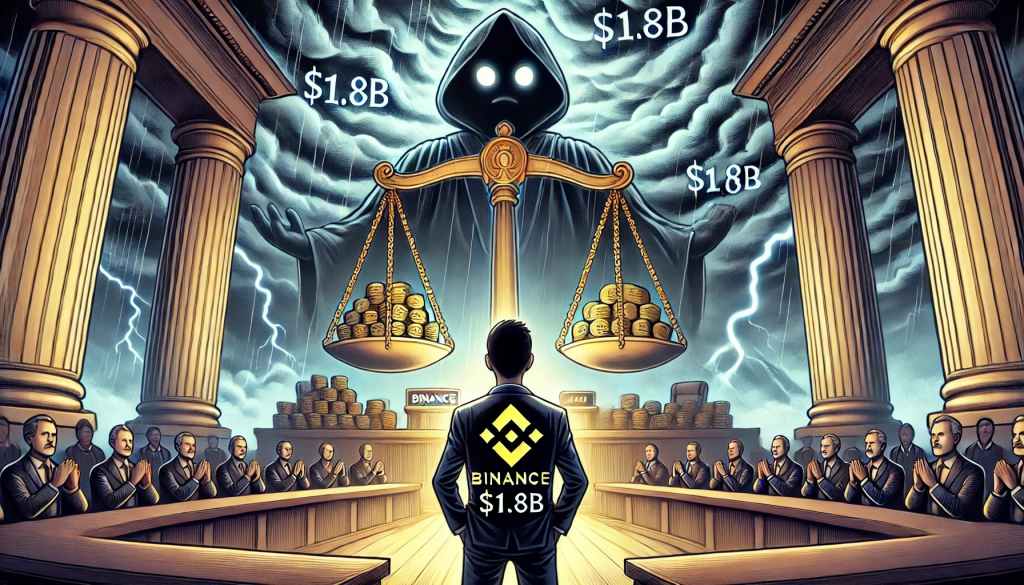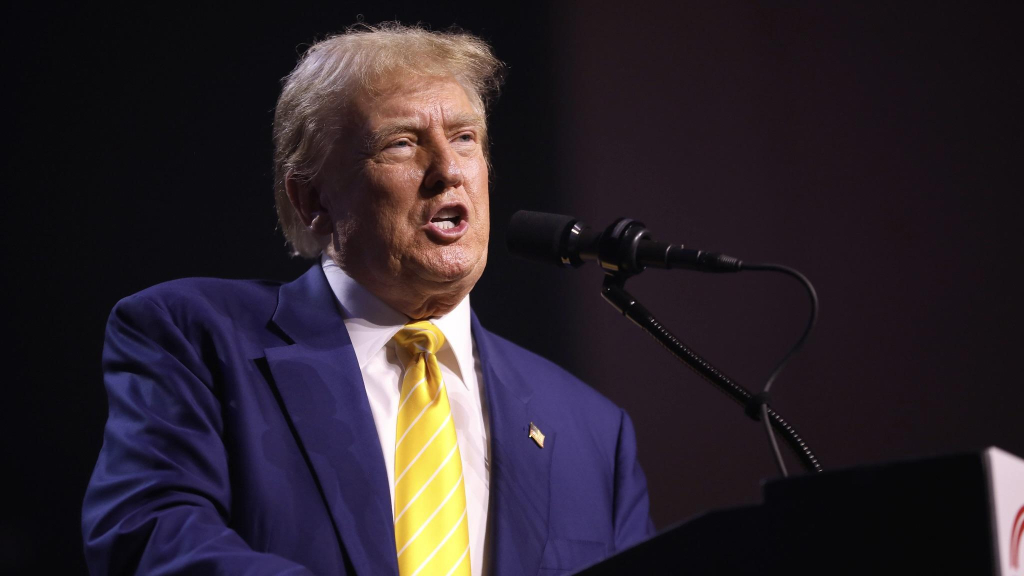Crypto exchange Coinbase announced that it will be introducing changes for Netherland-based users of the platform. These include additional KYC requirements for those who want to send Bitcoin (BTC), Ethereum (ETH), and other digital currencies off the platform.
Dutch customers of the crypto exchange may have to take extra steps should they wish to send funds to people with third-party or non-custodial wallets. Starting on June 27, 2022, Coinbase users in the Netherlands who want to send crypto away from the exchange will be required to provide the recipient’s full name, residential address, and the purpose of the transfer, according to Coindesk.
“This change will only impact customers in the Netherlands who are transferring digital assets from their Coinbase exchange account to a wallet off the Coinbase platform,” Coinbase wrote in a blog post. “This change will not affect a user’s Coinbase experience of buying, selling, and exchanging digital assets using Coinbase.”
The crypto exchange explained that they are introducing the changes to comply with local regulations. “We are required to collect additional information for all transactions where a customer in the Netherlands sends crypto from their Coinbase exchange account to an address that is not controlled by Coinbase,” the company added.
Bitcoin.com believes that the company is likely referring to the 1977 Sanctions Act and the Money Laundering and Terrorist Financing Prevention Act. These regulations require virtual asset service providers (VASPs) to supply data on outgoing transactions that involve third-party and non-custodial wallets.
While Coinbase explained that the new rule will only apply to customers in the Netherlands, some are already concerned that the changes could expand to users in other countries in the future.
“Only the Netherlands for now, but expect this to expand,” Jeff Garzik, former Bitcoin Core developer, wrote on Twitter. “Don’t blame Coinbase – they know its antithetical to most crypto users, and would not do this voluntarily. Travel Rule enforcement will be an ugly battleground. LEA wants to surveil all parties in all transactions.”


























Comment 98